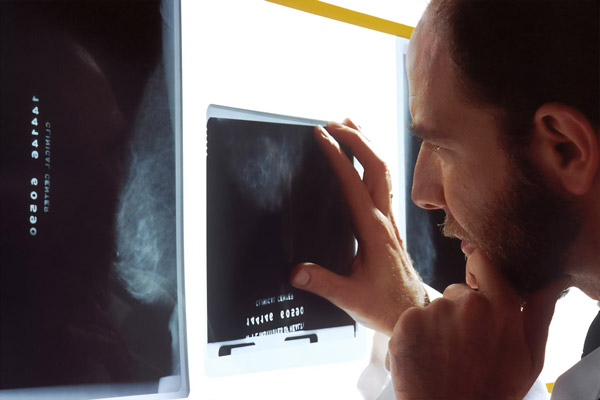If you receive a notice scheduling you for an Independent Medical Exam, you should speak to your Philly workers’ compensation attorney about whether you need to attend. The general rule is the insurer can schedule one every 6 months or so. There are some exceptions where more than one can be scheduled in a 6 month period.
Do You Have to Attend an Independent Medical Exam for a Workers’ Comp Case in Pennsylvania?
If you don’t attend, the most likely consequence is that the insurer will file what’s called a Petition to Compel. This means they petition the Judge to issue an Order compelling you to attend the next exam, otherwise, your wage loss checks can be suspended absent good cause.
These exams are usually the beginning of litigation, and often a PA workers’ comp settlement thereafter. Many of these physicians will see things differently than the treating doctors. They are notorious for calling an injury a “sprain” or “strain” and blaming all your issues on “arthritis”.
What to Expect When You Attend an IME
When you attend an IME, you want to be on time, honest, and as detailed as possible about whatever you are asked. Make sure you have a complete handle on any similar pre-existing injuries as you will surely be asked. An aggravation of a prior condition is still a work injury under PA Work Comp Law.

Treating Physician vs Independent Medical Evaluator
In just about every workers’ compensation claim in Pennsylvania, a Claimant will be examined by an “Independent Medical Examiner”. As most practitioners know, these examiners are not “independent”. Instead, they are hired by the insurance companies/employers. An insurance company is permitted, under the Pennsylvania Workers’ Compensation Act, to have a Claimant examined by an IME physician every 6 months. The IME physician examines a Claimant, reviews medical records and issues a report as to the disability status, ability to work and causal relationship between any diagnoses and the accident/injury at work. The IME physician often disagrees with the findings and opinions of the treating physician.
How to Respond to the IME Physician Report
Many Claimants experience a rude awakening when the IME physician drafts a report stating they are “fully recovered” and can return to work without restrictions. I try to explain to my clients that the IME physician in Pennsylvania is entitled to render this opinion if he believes that there isn’t any objective evidence to support the subjective complaints. It is a rather academic approach to, what is in my opinion, a very subjective matter. There are not many objective signs of an injury- other than diagnostic studies- which can also be subject to much debate as well (i.e., EMG studies in particular). Some objective signs of an injury could be swelling, atrophy, paresthesia (numbness), cold or hot temperatures, or color changes. However, in many cases, such as cases involving a back injury, it is quite difficult to objectively assess a Claimant’s condition- and tough to figure out whether there is objective evidence supporting the symptoms. IME physicians will often explain away herniations in the spine, as degenerative in nature, or not traumatically induced, whereas a treating doctor is more inclined to relate a herniation and any complaints to the work injury. In the same regard, a treating physician will often opine that the work injury aggravated or accelerated the underlying degenerative changes found upon MRI testing. Not surprisingly, the IME physician will attribute the Claimant’s symptoms to the underlying degeneration rather than the work injury.
How Your Treating Doctor Can Help Strengthen Your PA Work Comp Case
Luckily, most Workers’ Compensation Judges in Pennsylvania will credit the treating doctor’s opinions- so long as the Claimant’s symptoms can reasonably be explained by the mechanism of injury- the way in which the incident or injury occurred. (i.e., heavy lifting loads the discs in spine). I always try to point out that my clients underlying degenerative joint disease (which we all have, if you are over 25 years old) was NOT symptomatic prior to the work injury, and so, to attribute my clients’ complaints to this makes no sense.
Our Workers’ Comp Lawyers Can Help
We do need balance in the system and for that reason, IME physicians serve an important function. However, is there a better way to create the balance we need? What if the Judges were to appoint a doctor to examine a Claimant rather than the insurance company who is likely to pick the same doctors who routinely find everyone magically recovered? If you have any thoughts, please share them.
If you are scheduled for an Independent Medical Exam, and don’t yet have an attorney to help you, call us right away. This is the time to get things in order, as it is very common to see a Petition to Terminate, Suspend, or Modify soon after you attend an Independent Medical Exam.















